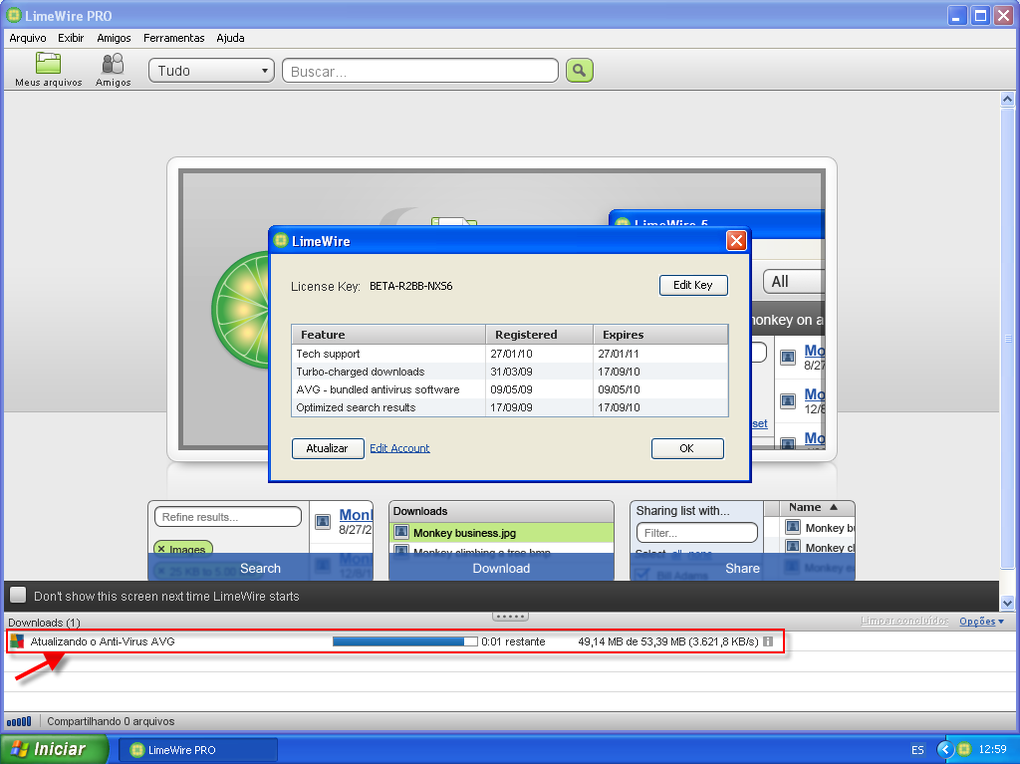

While there are services like Amazon Music and Emusic that allow you to download albums a-la-carte, there are still a variety of restrictions on how it can be distributed. Something to bear in mind is that while you can download and cache songs on your computer or mobile device, you technically won't own any of the music you download. Thankfully music streaming services, for better or worse, have managed to fill that gap, putting a virtually limitless supply of music at your fingertips. And unless you've managed to keep your iPod from giving up the ghost, you probably aren't exactly swimming in MP3s either. It’s hard to look past the irony of two companies that once took potential profits away from musicians as ones that could ultimately be the most to help musicians monetize themselves in the future.Unless you're a vinyl connoisseur, odds are your physical music collection is pretty sparse. While once thought of as dead brands, Napster and LimeWire could quickly emerge as major players in the music web3 space, ripe for disruption. Investors in LimeWire include Kraken, and others with web3 experience. The LimeWire NFT marketplace will focus on assets like artwork and collectibles from musicians.

The deal will allow artists the opportunity to sell NFTS on the upcoming music blockchain platform from LimeWire. Universal counts a major roster of some of the biggest artists in the world. Universal Music Group signed to join the LimeWire Algorand marketplace this week. “Napster is already out front when it comes to doing better for artists, delivering the highest payouts of any streaming service.” Troiano points to music labels getting 50% of streaming revenue and only around 7% going to the musicians themselves. Streaming services like Spotify Technology SPOT and other allow users the ability to listen to songs with a cut of revenue going to the artists. Years later, music download services from Inc AMZN and Apple Inc AAPL offered better music download options like buying one track instead of a whole album. Napster fought the system by offering its 80 million users the chance to download music for free - until it was shut down. Why It’s Important: Troiano shared the history of a $16 CD, with only 16% going to the artist and the rest split between the record label, manufacturer and the retailer. News of Napster joining the web3 and NFT space in the music sector follows LimeWire, which announced an entry into the space earlier this year.


 0 kommentar(er)
0 kommentar(er)
